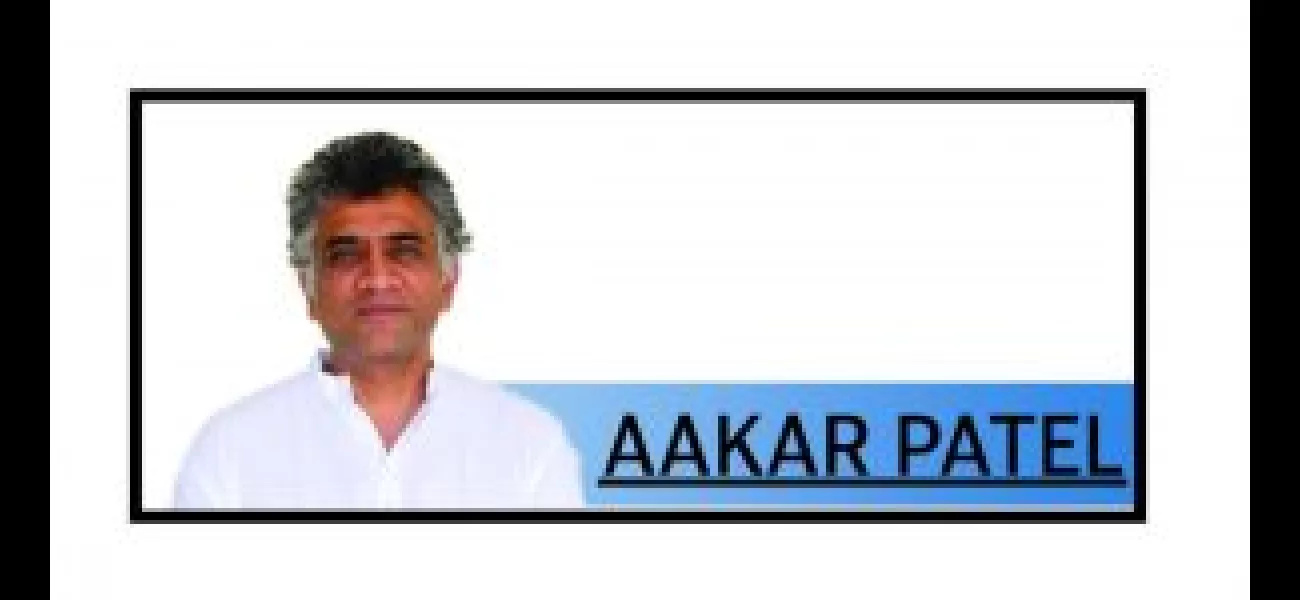Exciting half decade ahead
PM addressed allies in Central Hall before swearing-in, hinting at another ten years as PM. Main message was to be supportive.
June 9th 2024.

The Prime Minister, in his speech to the NDA allies at Central Hall, briefly mentioned that he plans to remain in office for another decade. However, his main message was to not pay attention to the news that may be reported about their government. He urged his coalition to not trust any information unless it has been verified. This may seem strange, but it is necessary as we have just come out of a time when everything was shrouded in secrecy.
During the previous decade, even the Cabinet ministers were not aware of major decisions, such as demonetization. It was only revealed later that the Cabinet had been called for a meeting just hours before the Prime Minister's announcement, and they were asked to leave their phones behind to prevent any news from leaking. This lack of transparency also affected the national lockdown in 2020, which caught everyone, including those in government, by surprise.
Thankfully, this era of secrecy is over. The focus is now shifting from one individual to collective cabinet responsibility, which is a positive development. In a democracy, media speculation is expected and necessary. It reflects a free press that can openly discuss those in power without fear. It also allows for discussions on sensitive topics that may not be possible in authoritarian regimes. Therefore, it is not surprising that the Prime Minister acknowledges the need for such a change in the media. However, his belief that his allies would not pay attention to the news seems questionable, as they would naturally be concerned about anything that affects them.
Modi's position as the leader of the NDA is strengthened by the fact that he has 240 MPs, compared to Atal Behari Vajpayee's 180 MPs during his last term. This gives Modi an advantage, as he is less dependent on his allies and can avoid the constant power struggles that plagued Vajpayee's tenure. The news from the past, such as the TMC's boycott of a Cabinet meeting and the BJP's own MPs expressing their displeasure, highlights the reality of alliances. They are not always in complete agreement and have their own agendas, which may not always align with the larger coalition's goals.
The last decade was an exception in India's political landscape, where give-and-take was replaced by secrecy and authoritarianism. Vajpayee, a seasoned politician, was willing to endure discomfort and occasional humiliation to maintain the alliance. However, Modi, who is more authoritarian by nature, will have to learn to compromise and work with his allies. While his larger number of seats may offer some protection, there will still be moments when his will to push through certain decisions will be challenged. And in those moments, the news will definitely be reported, as his allies or rivals within the BJP will want to assert themselves.
The term "ally" in a coalition is misleading, as it implies unwavering support. In reality, each party is primarily concerned with their own interests and may only support the coalition when it suits them. These differences are inevitable and cannot be ignored. It is the harsh reality that we, as ordinary citizens, must face. As we embark on the next five years, it will be an interesting and entertaining time for those who write, report, and consume the news.
During the previous decade, even the Cabinet ministers were not aware of major decisions, such as demonetization. It was only revealed later that the Cabinet had been called for a meeting just hours before the Prime Minister's announcement, and they were asked to leave their phones behind to prevent any news from leaking. This lack of transparency also affected the national lockdown in 2020, which caught everyone, including those in government, by surprise.
Thankfully, this era of secrecy is over. The focus is now shifting from one individual to collective cabinet responsibility, which is a positive development. In a democracy, media speculation is expected and necessary. It reflects a free press that can openly discuss those in power without fear. It also allows for discussions on sensitive topics that may not be possible in authoritarian regimes. Therefore, it is not surprising that the Prime Minister acknowledges the need for such a change in the media. However, his belief that his allies would not pay attention to the news seems questionable, as they would naturally be concerned about anything that affects them.
Modi's position as the leader of the NDA is strengthened by the fact that he has 240 MPs, compared to Atal Behari Vajpayee's 180 MPs during his last term. This gives Modi an advantage, as he is less dependent on his allies and can avoid the constant power struggles that plagued Vajpayee's tenure. The news from the past, such as the TMC's boycott of a Cabinet meeting and the BJP's own MPs expressing their displeasure, highlights the reality of alliances. They are not always in complete agreement and have their own agendas, which may not always align with the larger coalition's goals.
The last decade was an exception in India's political landscape, where give-and-take was replaced by secrecy and authoritarianism. Vajpayee, a seasoned politician, was willing to endure discomfort and occasional humiliation to maintain the alliance. However, Modi, who is more authoritarian by nature, will have to learn to compromise and work with his allies. While his larger number of seats may offer some protection, there will still be moments when his will to push through certain decisions will be challenged. And in those moments, the news will definitely be reported, as his allies or rivals within the BJP will want to assert themselves.
The term "ally" in a coalition is misleading, as it implies unwavering support. In reality, each party is primarily concerned with their own interests and may only support the coalition when it suits them. These differences are inevitable and cannot be ignored. It is the harsh reality that we, as ordinary citizens, must face. As we embark on the next five years, it will be an interesting and entertaining time for those who write, report, and consume the news.
[This article has been trending online recently and has been generated with AI. Your feed is customized.]
[Generative AI is experimental.]
0
0
Submit Comment





